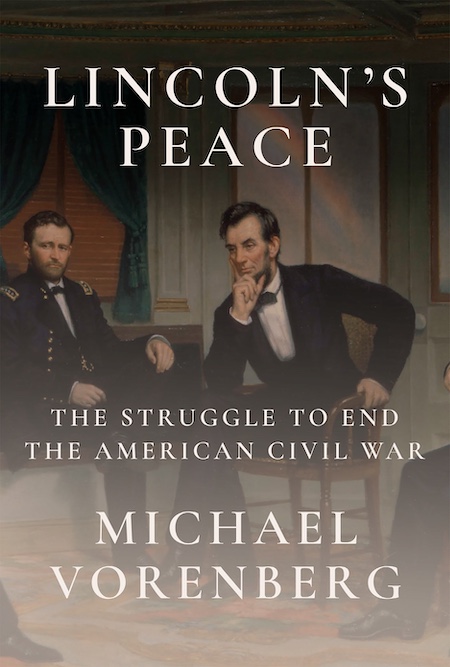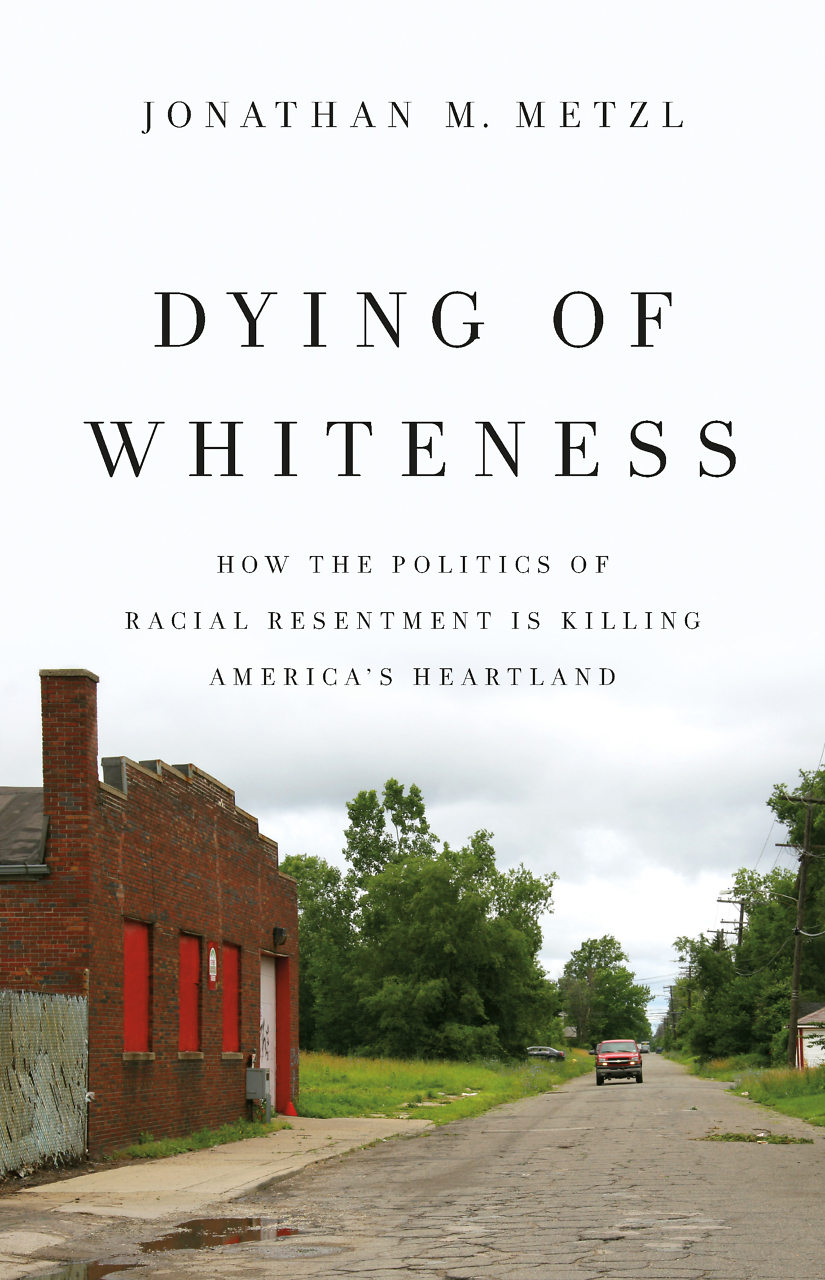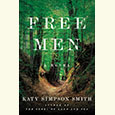The Novelist as Historian
Jon Meacham introduces Shelby Foote to a new generation of Americans
In the opening essay of American Homer: Reflections on Shelby Foote and His Classic The Civil War: A Narrative, Chattanooga native Jon Meacham notes that Shelby Foote’s The Civil War: A Narrative “was supposed to be a brief assignment—eighteen months or so, tops.” To say it took a little longer would be an understatement akin to observing that William Tecumseh Sherman once visited Atlanta. Foote took twenty years to complete his odyssey through the War Between the States, and in the process he became one of America’s premier storytellers. As Meacham notes, “The story of Foote’s The Civil War is one of the great literary tales of the twentieth century, and his rendering of a nineteenth-century saga remains as fresh and as compelling to twenty-first-century readers as it was when it first emerged from his mind, written in longhand in his house in west Tennessee.” In American Homer, Meacham and other distinguished writers present a compelling case that Foote truly was a great bard, a novelist-cum-historian who taught America to love its past—even when that past wasn’t perfect.
Foote, whose gray beard and smooth-as-sippin’-whiskey voice are known worldwide from Ken Burns’s documentary of the war, was born in Greenville, Mississippi, just fifty-one years after the fratricide ended. In those days, old men could remember first-hand what the rebel yell had sounded like. In a biographical essay in the collection, “Art, War, and Shelby Foote,” Jay Tolson makes it clear that his subject was an artist and not just a chronicler. As with many artists, Foote was a complicated man. He grew up in the conservative Southern tradition, came of age in the salon of Walker Percy, was married three times, was court-martialed (probably unfairly) during World War II, and produced several well-reviewed novels before turning to his magnum opus. As Tolson notes, “The strands of time and consciousness are tightly wound in the man, artfully braided in his work. It is their union that gives Foote such powers of enchantment, and his authority.”
 In American Homer, the influence and value of The Civil War are addressed by such historians as Michael Beschloss, Michael Eric Dyson, and John M. McCardell Jr., who is vice-chancellor and president of the University of the South as well as a prize-winning historian. Meacham is himself a winner of the Pulitzer Prize for his history of Andrew Jackson’s presidency, American Lion. And then there is filmmaker Ken Burns. Foote made himself a well-known writer. Burns made him world-famous by placing him front-and-center in the PBS documentary The Civil War. In “The Voice of Authority,” a Q&A with Meacham, Burns describes what Foote meant to the film and how their relationship changed them both. Burns is an unabashed admirer of Foote, and understood immediately what his participation meant to the film project. “He spoke of the war in human terms. He knew everything—not just the battles and the strategy and the tactics and the politics, but what the soldiers ate, and wore, and felt,” Burns remarks. “For him, history was totally tactile, totally human.”
In American Homer, the influence and value of The Civil War are addressed by such historians as Michael Beschloss, Michael Eric Dyson, and John M. McCardell Jr., who is vice-chancellor and president of the University of the South as well as a prize-winning historian. Meacham is himself a winner of the Pulitzer Prize for his history of Andrew Jackson’s presidency, American Lion. And then there is filmmaker Ken Burns. Foote made himself a well-known writer. Burns made him world-famous by placing him front-and-center in the PBS documentary The Civil War. In “The Voice of Authority,” a Q&A with Meacham, Burns describes what Foote meant to the film and how their relationship changed them both. Burns is an unabashed admirer of Foote, and understood immediately what his participation meant to the film project. “He spoke of the war in human terms. He knew everything—not just the battles and the strategy and the tactics and the politics, but what the soldiers ate, and wore, and felt,” Burns remarks. “For him, history was totally tactile, totally human.”
The praise for Foote’s epic is not unconditional, however, and Meacham has included essays that take on perceived shortcomings within the 1,500,000 words of The Civil War. In “Foote and the Problem of Race,” Dyson notes that the issue at the heart of the war, slavery and the associated belief in white supremacism, is given short shrift in the books. And Annette Gordon Reed, a professor of history and law at Harvard, notes in “History and Memory: A Critique of the Foote Vision” that Foote “pays attention to race, but he does so in the old-world, genteel white Southern way—that is to say, in a very patronizing manner.” But even these critics do not contest the central thesis of this collection, that Foote was a master of narrative history who thought deeply about, and struggled with his own attitudes toward, race in America.
American Homer also illustrates Foote’s process in writing The Civil War. In “Editing Shelby Foote,” Random House editor Bob Loomis describes receiving Foote’s manuscript, which “was like nothing else I’d ever seen. It was incredibly precise in its presentation—and I should add here, of course, that Shelby was incapable of writing a bad sentence.” Even Foote himself “speaks” in this collection, through excerpts of letters he exchanged with Walker Percy during the twenty years of obsession that produced such a monumental work. In one of those letters, Foote describes some of the revelations of his research, enthusing, “What a war! Everything we are or will be goes right back to that period. It decided for once and for all which way we were going, and we’ve gone.”
American Homer serves as a superb introduction to Foote and his work, and is available only as a companion to the re-released Modern Library edition of The Civil War: A Narrative, commemorating the 150-year anniversary of the beginning of the war.
[To read Hampton Sides’s recollection of growing up as the friend of Shelby Foote’s son Huger, click here; to read Alice Randall’s tribute to Foote’s courageous defense of her own controversial first novel, click here; to read Clay Risen’s consideration of Foote’s masterpiece, click here.]


